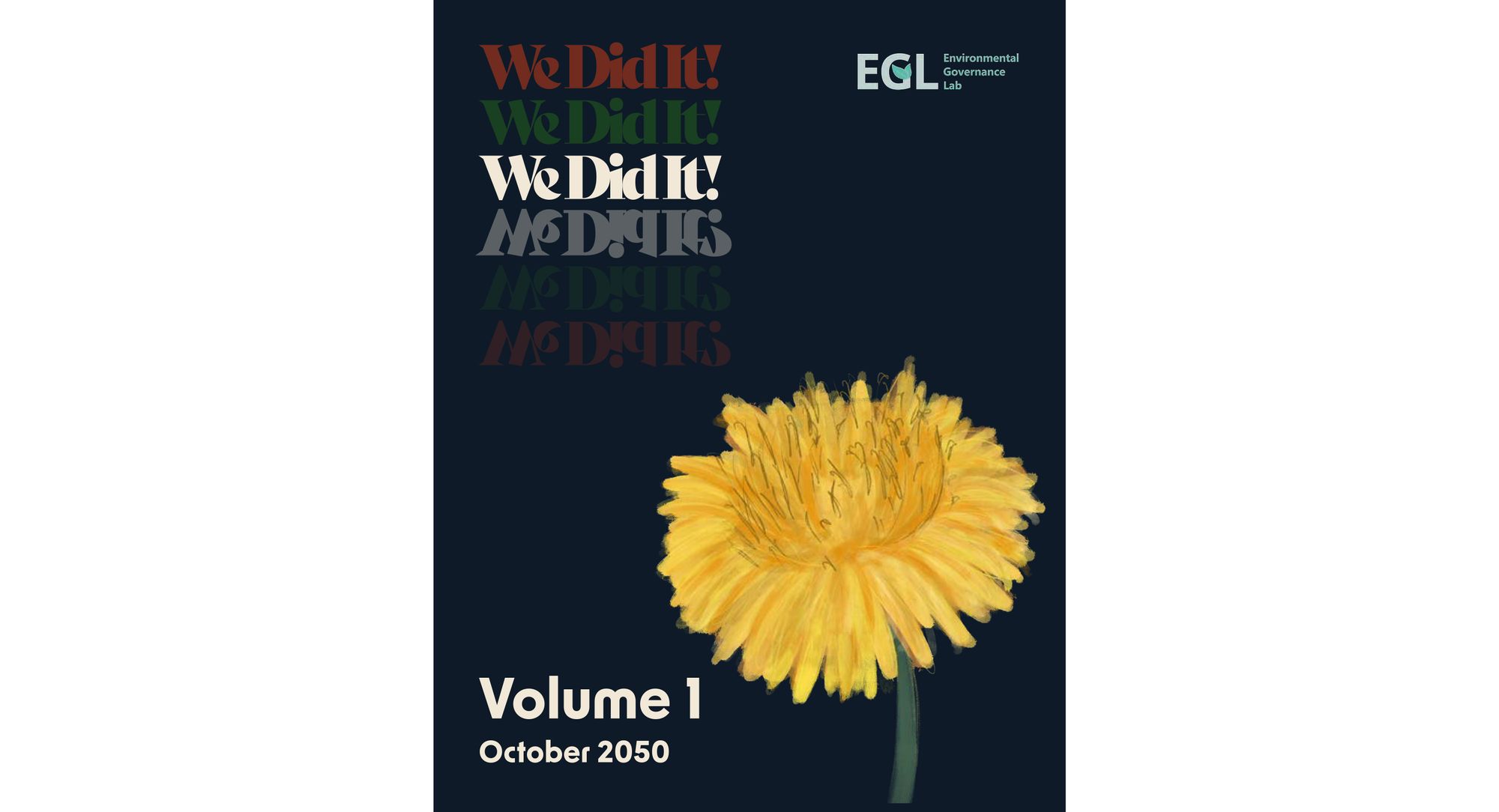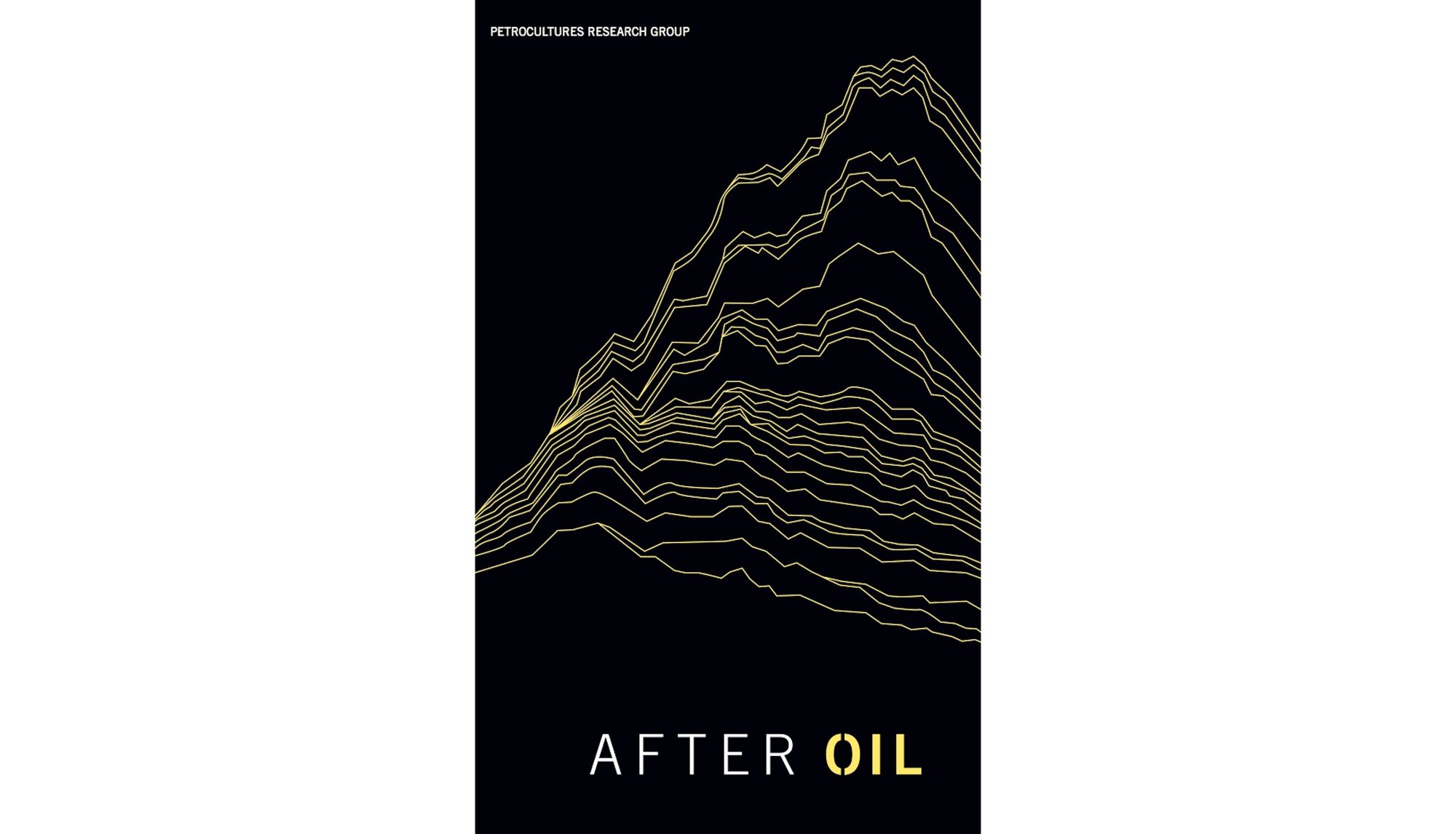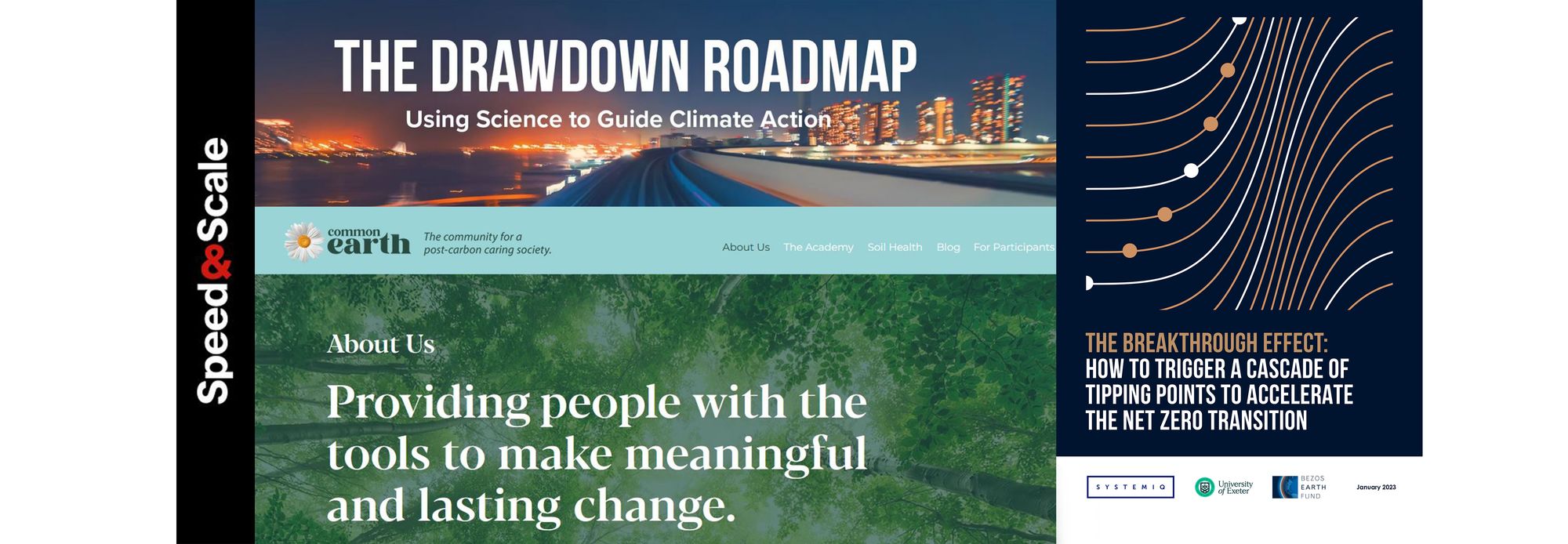Dreaming the Future

As a writer, I understand the dreaming component of storytelling. Writers spend many waking hours imagining. But they also spend their nights, at least I do, letting the unconscious work as they dream. I often wake in the morning with some inspiration to follow in my writing—a way to solve a plot problem, a fresh approach to a scene, a new path to take in the story’s direction.
But the dreaming doesn’t arise out of thin air. Dreaming is like a fermentation process, digesting bits of thoughts, articles I’ve read, experiences from my day, questions that are raised. My human brain, bent on making sense of my life, crafts stories out of all the information gathered over hours, days, even weeks and comes up with something plausible to tell me about myself and the world. It is based on data from the past and the present. My brain extrapolates that into the future, and when it involves a story, my brain crafts possible twists and turns to the plot based on ideas I sorted through or things I read, heard, and saw from the day before.
Now, though, past and present cannot be extrapolated so easily into a future that risks catastrophic collapse. My vision of the future must change in ways that I may not yet be able to fathom. The past and present data feeding my dreams are not as relevant as I wish. What does a good future look like now? It is easier to see dystopia than a vibrant, prosperous future. How can writers overcome this challenge?

A good example of how to do this is a project undertaken by the University of Toronto. Their Environmental Governance Lab has produced the first volume of We Did it! a zine that is written from the perspective of writers in 2050 after Canada has achieved net zero. The offerings are spread across fiction entries, poetry, and articles about people and companies that made a difference in the transition. It’s free to read at the above link.
During the online launch, the process of creating the zine was explained. The University staff convened a workshop connecting experts and creatives to give some guidance to the writers as they imagined the future. Writers learned about feasible solutions that might bring about success, then they were able to dream up their stories with some underlying facts to guide them. It’s really just basic research, and it is as important in fiction as it is in nonfiction.

Just like the writers of this zine, climate fiction creators (as well as policymakers, economists, world leaders, etc.) must research possible future scenarios from not only scientists, but the academics, thinkers, and dreamers who are working on this. One resource to investigate was shared by a panelist in the We Did It! launch presentation. Imre Szeman, Director of the Institute for Environment, Conservation, and Sustainability and Professor of Human Geography at the University of Toronto Scarborough, offered his insights on the zine, but also mentioned his participation in the creation of another publication called After Oil. This book explores questions and ideas about what the world might look like after we move on from fossil fuels. It discusses possible ways a transition to an oil-free world might happen, how viable they are, and the obstacles to each of these pathways.

There are many other visions to explore beyond projects like We Did It! and After Oil. Some like the Drawdown Roadmap or Speed & Scale are comprehensive, if not complete. Others offer smaller slices of the transition pie such as a report on the best tipping points to focus on in the race toward net zero. I have also found much insight in two free courses offered by Common Earth. In addition, news articles often offer a glimpse at possible breakthroughs that may contribute to a viable future. I scour the online news daily for nuggets to let my daytime and dream-time mind chew on.
It is difficult to write a future none have seen. Still, it’s a worthwhile exercise for humanity. Science fiction has historically filled this role. Now climate fiction, no matter the genre of the story, must step up to help shape the collective vision needed for our very survival.
And even if you are not writing fiction, exploring what many experts see as possible scenarios for success can lift your spirits and flavor your conversations with others as we dream up a new future for our children, our planet, together.


Member discussion